Sunflower Seeds: A Comprehensive Guide to Nutrition, Benefits, Cultivation, and Uses
A single sunflower head can astonishingly contain up to 2,000 seeds. Sunflower seeds (Helianthus annuus) are a nutrient-dense food with a long and fascinating history. This guide explores everything about sunflower seeds, including their nutritional breakdown, health benefits, and potential downsides. It also covers the different types of sunflower seeds, their culinary uses, and even how to grow your own. Information in this guide is compiled from leading health authorities and agricultural resources. Last Updated: May 2025. You can explore more healthy foods on our blog.
Decoding the Sunflower Seed: From Flower to Food
Sunflower seeds are the fruit of the Helianthus annuus plant. Each seed consists of a kernel, which is the edible part, encased in a shell, also known as the hull or pericarp. There are two primary types of sunflower crops. One type is grown for its edible seeds, often called confectionery seeds. The other type, oilseed sunflower crops, is cultivated for oil production. Oilseed crops are plants grown mainly for the oil in their seeds. These oils have many uses, including for cooking and industrial applications. You can learn more about the Helianthus annuus plant.
Packed with Goodness: A Deep Dive into Sunflower Seed Nutrition
Sunflower seed nutrition facts reveal they are packed with beneficial nutrients. A 1/4 cup (approximately 1 ounce or 28 grams) serving of shelled, unsalted, roasted sunflower seeds contains a significant amount of calories, primarily from healthy fats. These seeds are a good source of protein and provide both monounsaturated and polyunsaturated fats, including linoleic acid. Sunflower seeds are also a source of dietary fiber.
A key highlight of sunflower seed nutrition is their remarkably high Vitamin E content, a potent antioxidant. They are also an excellent source of selenium. Other important micronutrients in sunflower seeds include B vitamins like folate and niacin, as well as minerals such as magnesium, copper, zinc, and iron. Phytosterols are also present in these versatile seeds. The USDA FoodData Central offers detailed nutritional information. Prioritizing nutrient-dense foods, which are rich in vitamins and minerals for the calories they contain, is important for health.
More Than a Snack: Remarkable Health Benefits of Sunflower Seeds
Eating sunflower seeds offers remarkable health benefits due to their rich nutrient profile.
Supports Heart Health
Sunflower seeds support heart health. The unsaturated fats, magnesium, phytosterols, and linoleic acid in sunflower seeds can help reduce blood pressure and cholesterol levels. Diets that focus on vegetables, fruits, whole grains, and healthy fats are beneficial for the heart.
Reduces Inflammation
Sunflower seeds help reduce inflammation. Vitamin E, flavonoids, and other antioxidants in sunflower seeds combat chronic inflammation. Some studies have shown a link between consuming seeds and reduced C-reactive protein, an inflammation marker.
May Help Manage Blood Sugar Levels
Sunflower seeds may help manage blood sugar levels. The fiber, protein, and compounds like chlorogenic acid in sunflower seeds can aid in blood sugar control. This makes them potentially beneficial for managing type 2 diabetes.
Boosts Immune Function
Sunflower seeds boost immune function. Selenium, zinc, and Vitamin E are crucial nutrients found in sunflower seeds that support a healthy immune system. A varied diet rich in fruits, vegetables, nuts, and seeds helps ensure you get these essential nutrients.
Supports Brain Health and Mood
Sunflower seeds support brain health and mood. Magnesium, vitamin B6, and tryptophan in sunflower seeds may contribute to healthy neurotransmitter activity and the production of serotonin, which can positively affect mood.
Rich in Antioxidants
Sunflower seeds are rich in antioxidants. These compounds protect cells from damage caused by free radicals, which can reduce the risk of chronic diseases.
May Aid in Weight Management
Sunflower seeds may aid in weight management. The protein and fiber in sunflower seeds promote feelings of fullness, which can help control appetite.
Supports Skin Health
Sunflower seeds support skin health. Vitamin E and essential fatty acids contribute to healthy skin.
Provides Energy
Sunflower seeds provide energy. B vitamins and protein in the seeds help convert food into usable energy for the body. You can learn more about healthy fats or Vitamin E's role in health.
Good in Moderation: Potential Downsides of Sunflower Seeds
While sunflower seeds are nutritious, it's important to consume them in moderation.
High Calorie Content
Sunflower seeds have a high calorie content. Eating too many can lead to weight gain if not balanced with overall calorie intake.
Sodium Content (for salted varieties)
Salted varieties of sunflower seeds can be high in sodium. Choosing unsalted or low-sodium options is important for managing sodium intake.
Cadmium Content
Sunflower seeds can contain trace amounts of cadmium. This is generally not an issue with moderate consumption but is worth noting.
Allergies
Sunflower seed allergies, though rare, do exist. Symptoms can range from mild to severe, including anaphylaxis in some individuals. If you suspect an allergy, consult a doctor. Managing food allergies involves carefully reading labels and avoiding the allergen. Understanding food allergies is crucial for those affected.
Fecal Impaction/Digestive Issues
Eating sunflower seed shells or consuming very large quantities of seeds quickly can sometimes lead to fecal impaction or other digestive issues.
Phytic Acid
Sunflower seeds contain phytic acid, which may slightly inhibit the absorption of certain minerals. However, this is usually not a concern in a well-balanced diet. Sprouting sunflower seeds can help reduce phytic acid content.
Dental Issues
Chewing hard sunflower seed shells can potentially damage teeth over time.
Not All Seeds Are Created Equal: Exploring Types of Sunflower Seeds
There are different types of sunflower seeds available, each with primary uses.
Confectionery (Non-Oil) Seeds
Confectionery sunflower seeds, also known as non-oil seeds, are typically larger and have striped shells. Varieties like Mammoth Grey Stripe are primarily grown for snacking, either raw or roasted.
Oilseed (Black Oil) Seeds
Oilseed sunflower seeds, often called black oil seeds, are smaller and have black shells. They have a higher oil content and are mainly used for oil extraction and as birdseed. Different types of oilseed sunflowers include Linoleic, High Oleic, and NuSun, each with distinct fatty acid profiles. The National Sunflower Association provides more details on these distinctions.
Sprouted Sunflower Seeds
Sprouted sunflower seeds offer enhanced nutritional benefits. The sprouting process can increase nutrient availability and make the seeds easier to digest. You can explore other edible seeds.
From Store to Snack: Selecting, Storing, and Preparing Sunflower Seeds
Knowing how to select, store, and prepare sunflower seeds helps you enjoy them at their best.
Choosing the Best Seeds
When buying sunflower seeds, consider whether you prefer shelled kernels or in-shell seeds. You can also choose between raw or roasted, and salted or unsalted varieties. Look for seeds that appear fresh and avoid any that seem stale or have an off odor.
Proper Storage
Proper storage maintains the freshness of sunflower seeds and prevents rancidity. Store them in an airtight container in a cool, dark place. For longer storage, especially for shelled seeds, refrigeration is recommended.
Ways to Eat Sunflower Seeds
You can eat sunflower seeds raw or roasted. Roasting them at home is simple: spread shelled seeds on a baking sheet and bake at a low temperature until lightly golden and fragrant. If you enjoy in-shell seeds, crack the shell with your teeth, eat the kernel, and discard the shell. Krishival.com may offer healthy snacking ideas.
Get Creative in the Kitchen: Delicious Ways to Use Sunflower Seeds
Sunflower seeds are versatile and can be used in many dishes beyond just snacking. They add a pleasant crunch and nutty flavor.
You can sprinkle sunflower seeds on salads, yogurt, oatmeal, or smoothie bowls. They are a great ingredient in trail mixes, granola, and baked goods like bread and muffins. You can also grind sunflower seeds into sunflower seed butter, a tasty alternative to other nut butters. Try adding them to stir-fries or vegetable dishes for extra texture. They can even be used in coatings for chicken or fish. Krishival.com might have a healthy granola bar recipe. Many sunflower seed recipe ideas are available online.
From Garden to Table: A Beginner's Guide to Growing Edible Sunflower Seeds
Growing your own sunflowers for seeds can be a rewarding experience. It's relatively easy, even for beginner gardeners.
Choosing the Right Sunflower Variety for Seeds
Select sunflower varieties known for good seed production for eating. Examples include 'Mammoth Grey Stripe' or 'Titan'. These varieties produce large heads with plentiful seeds.
Planting and Soil Requirements
Plant sunflower seeds after the last frost in your area when the soil has warmed up. Sunflowers thrive in well-drained soil with a pH between 6.0 and 7.0. Ensure they have plenty of space, following the spacing recommendations for your chosen variety. Sow seeds directly into the ground.
Care and Maintenance
Sunflowers need full sun, at least 6-8 hours a day. Water them regularly, especially during dry periods, but avoid overwatering. Basic fertilization can be applied if your soil is poor, but often it's not necessary. Protect young plants from pests like birds, slugs, and snails. Tall varieties may need staking for support.
Harvesting and Drying Seeds
Harvest sunflower heads when the back of the flower head turns yellow-brown, and the petals are drying and falling off. The seeds should look plump. Cut the head from the stalk, leaving a few inches of stem attached. Hang the heads upside down in a dry, well-ventilated area, often covered with a paper bag or cheesecloth to catch falling seeds and protect them from birds. Once the seeds are thoroughly dry, they can be easily rubbed off the head.
Storing Homegrown Seeds
Store your dried, homegrown sunflower seeds in an airtight container in a cool, dark place. Shelled seeds can be stored in the refrigerator or freezer for longer shelf life. Krishival.com may have additional gardening tips.
Sunflower Seeds and Sustainability
Sunflowers can be a sustainable crop choice. They are relatively drought-tolerant once established, reducing water needs in some agricultural settings. Their deep root systems can help improve soil structure. Additionally, sunflowers attract pollinators like bees, which are vital for biodiversity and other crops. Growing sunflowers can contribute to a more diverse agricultural landscape.
Fun Facts About Sunflowers
Did you know that a sunflower head is actually made up of thousands of tiny individual flowers? The "petals" we see are ray florets, while the center, where the seeds develop, consists of disc florets. Young sunflowers also exhibit heliotropism, meaning they turn to follow the sun across the sky during the day. This tracking stops once the flower head matures. The tallest sunflower ever recorded reached over 30 feet!
Conclusion: A Tiny Seed with Mighty Offerings
Sunflower seeds are much more than a simple snack. These humble seeds are nutritional powerhouses, offering a wealth of health benefits from supporting heart health to boosting immunity. While there are some considerations like calorie content to keep in mind, incorporating sunflower seeds into a balanced diet is a flavorful and nutritious choice. Whether you enjoy them raw, roasted, sprinkled on meals, or even try growing your own, sunflower seeds provide a delightful crunch and a significant nutritional punch. Their versatility in the kitchen and ease of cultivation further enhance their appeal as a truly remarkable food. For those interested in healthy eating, sunflower seeds are a fantastic option to explore.
Frequently Asked Question (FAQ)
How do sunflower seeds contribute to heart health, and what nutrients in them are most beneficial for cardiovascular function?
Sunflower seeds are rich in unsaturated fats, particularly polyunsaturated fats like omega-6 fatty acids, which help lower LDL (bad) cholesterol and improve heart health. They also contain magnesium, which supports normal heart rhythm and reduces blood pressure, and vitamin E, an antioxidant that helps protect against oxidative stress in the cardiovascular system.
What role do sunflower seeds play in reducing inflammation and promoting overall immune health?
Sunflower seeds are high in vitamin E, a potent antioxidant that helps reduce inflammation in the body. The seeds also contain zinc, which plays a vital role in enhancing immune function and protecting the body from infections by supporting immune cell production and activity.
Can sunflower seeds help in managing weight, and what makes them a great snack for those on a calorie-controlled diet?
Sunflower seeds are high in fiber and protein, both of which promote satiety and help control hunger, making them an excellent choice for weight management. Their healthy fats also help regulate metabolism, while the low glycemic index ensures they don’t cause spikes in blood sugar, making them a balanced snack for weight control.
How do sunflower seeds support brain function, and what impact do they have on cognitive performance and memory?
Sunflower seeds are rich in magnesium, which has been shown to improve cognitive function, focus, and memory. The seeds also contain vitamin E, which helps protect brain cells from oxidative damage and may reduce the risk of age-related cognitive decline, supporting overall brain health.
What are the antioxidant properties of sunflower seeds, and how do they protect the body from oxidative stress and free radicals?
Sunflower seeds are packed with antioxidants like vitamin E, selenium, and phenolic compounds, which neutralize harmful free radicals in the body. These antioxidants protect cells from oxidative stress, reducing the risk of chronic diseases such as cancer, cardiovascular disease, and premature aging.
Can sunflower seeds help regulate blood sugar levels, and are they beneficial for individuals with diabetes?
Sunflower seeds are low in carbohydrates and have a low glycemic index, making them an ideal food choice for individuals with diabetes. The seeds are also high in magnesium, which helps improve insulin sensitivity and better regulate blood sugar levels, contributing to improved diabetes management.
How can sunflower seeds be incorporated into a vegan or plant-based diet as a source of essential nutrients?
Sunflower seeds are an excellent source of plant-based protein, healthy fats, and essential nutrients like magnesium, vitamin E, and B vitamins. They can be incorporated into a vegan or plant-based diet by adding them to smoothies, salads, granola, baked goods, or simply enjoying them as a snack.
What are the health benefits of sunflower seeds for skin and hair, and how can they be used to improve skin health and prevent hair loss?
Sunflower seeds are rich in vitamin E, which promotes healthy skin by reducing oxidative stress and protecting against UV damage. The zinc content in sunflower seeds supports hair growth by strengthening hair follicles and preventing hair loss, while their fatty acids help moisturize and nourish the scalp.
How do sunflower seeds support digestive health, and what role do they play in improving gut function and preventing constipation?
Sunflower seeds are high in fiber, which aids digestion by promoting regular bowel movements and preventing constipation. The fiber also acts as a prebiotic, feeding beneficial gut bacteria, which helps improve gut function and maintain a healthy digestive system.
What are the potential side effects or risks of consuming sunflower seeds, particularly in large quantities?
While sunflower seeds are healthy, consuming them in large quantities may lead to digestive discomfort due to their high fiber content. They are also calorie-dense, so overeating can contribute to excess calorie intake. Additionally, salted sunflower seeds can lead to an increase in sodium intake, which may be a concern for individuals with high blood pressure.
How do sunflower seeds help in boosting energy levels and supporting athletic performance during physical activity?
Sunflower seeds provide a balanced mix of protein, healthy fats, and carbohydrates, offering sustained energy. Their magnesium content also supports muscle function and helps reduce cramping during physical activity. Sunflower seeds are a great snack for athletes, providing quick energy and aiding in recovery after exercise.
Can sunflower seeds be used in cooking and baking, and what are some creative ways to incorporate them into meals?
Yes, sunflower seeds can be used in various ways in cooking and baking. They can be sprinkled on salads, added to smoothies, mixed into granola, or used as a topping for yogurt or oatmeal. Sunflower seeds can also be incorporated into baked goods like muffins, bread, or cookies for added texture and nutrition.
How do sunflower seeds compare to other seeds like pumpkin or chia in terms of nutritional content and health benefits?
Sunflower seeds are rich in vitamin E, magnesium, and protein, making them excellent for heart health, immune function, and muscle repair. Compared to chia seeds, sunflower seeds have more protein and less fiber. Pumpkin seeds are higher in zinc and iron, making them a better choice for immune health and muscle function. Each seed offers unique benefits, so it’s best to include a variety of seeds in your diet.
What is the cultivation process of sunflower seeds, and how do you grow sunflowers to harvest seeds for consumption?
Sunflower seeds are grown from sunflower plants, which require full sun, well-drained soil, and moderate watering. They are typically planted in spring and can be harvested once the seed heads turn brown and the seeds are fully formed. After harvesting, the seeds are cleaned and dried before consumption or storage.
Are there any unique or lesser-known uses of sunflower seeds in traditional medicine or wellness practices across cultures?
In some cultures, sunflower seeds are used in traditional medicine to treat digestive issues and promote heart health. Sunflower seeds have also been used in folk remedies to help alleviate anxiety and reduce stress due to their magnesium content. Additionally, sunflower seed oil is often used in skincare and hair care products for its moisturizing and anti-inflammatory properties.
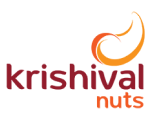

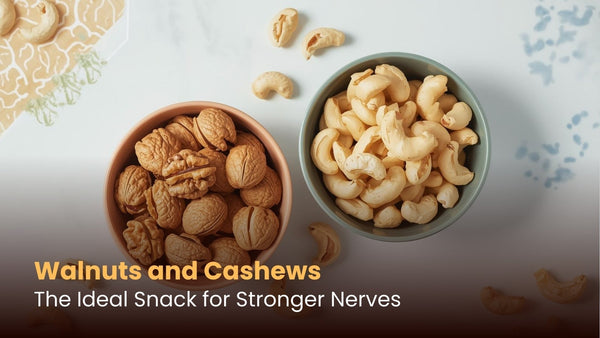

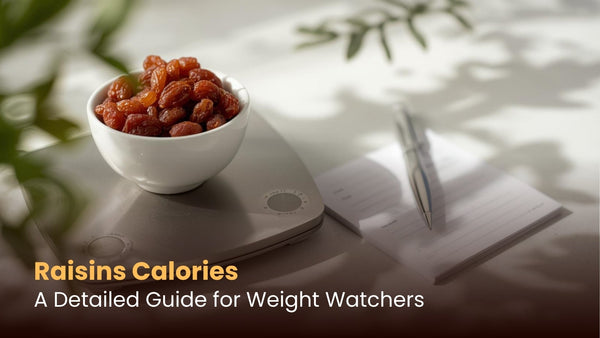
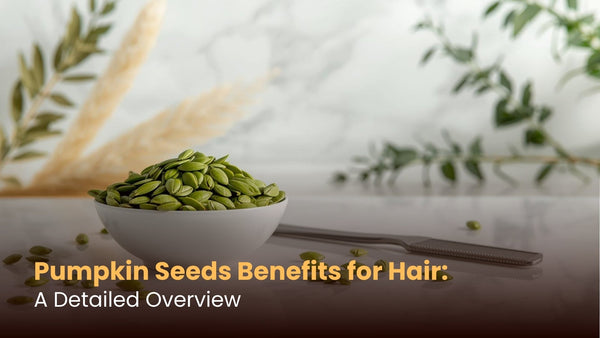
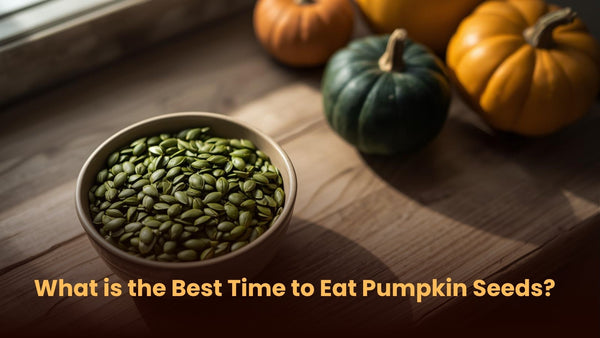

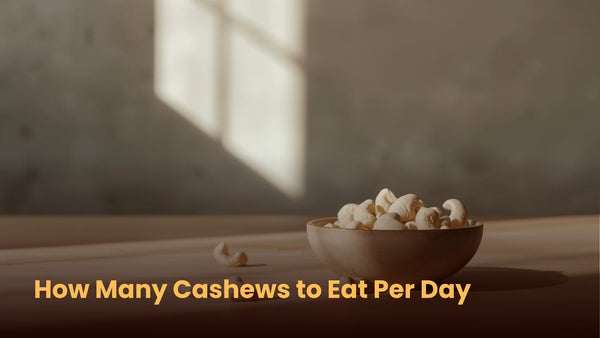
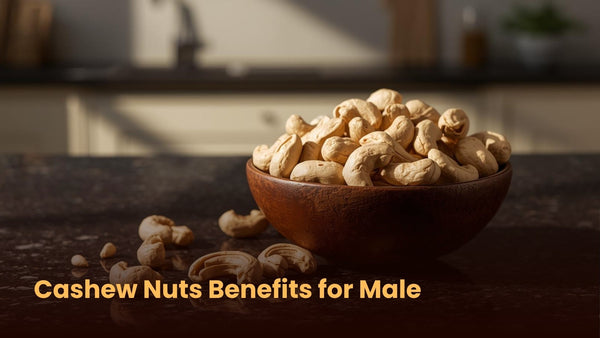
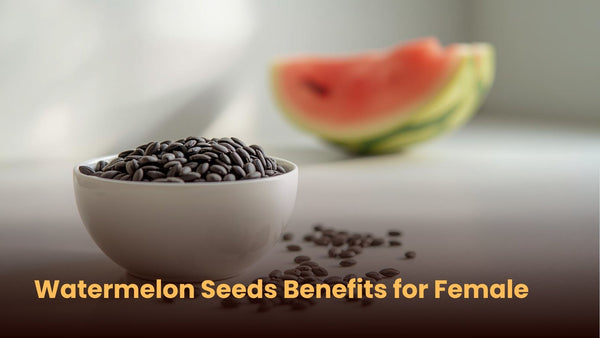
Share Your Thoughts